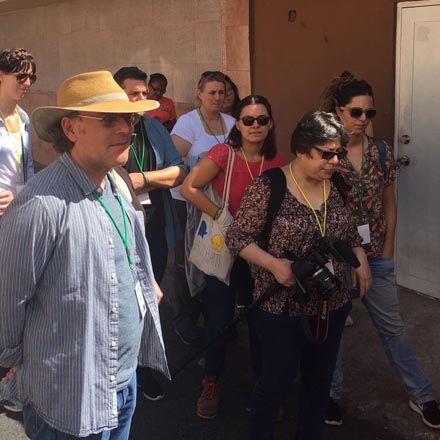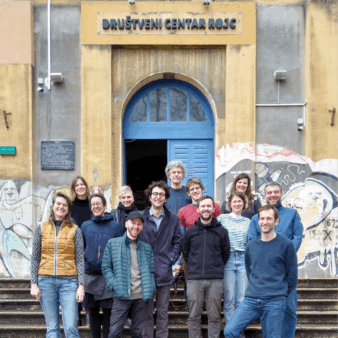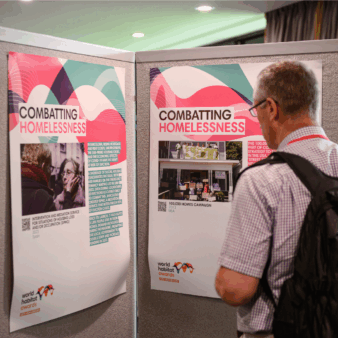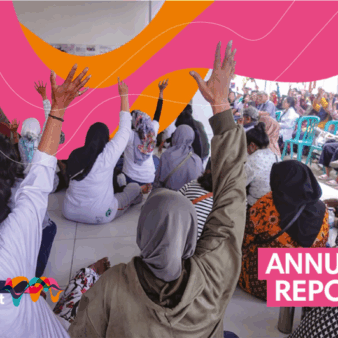
Greg Rosenberg (pictured left), Co-Director of the recently established Center for Community Land Trust Innovation, discusses how a World Habitat peer exchange in Puerto Rico inspired him.
At the Center for Community Land Trust Innovation, we can attest to the power of the peer exchanges that are organised annually by World Habitat.
The winners of each year’s World Habitat Awards play host to a group of individuals from other countries who visit their communities to study and learn from their award-winning projects. This is where I got the inspiration for forming the Center for CLT Innovation.
The Caño Martín Peña Community Land Trust in San Juan, Puerto Rico won a World Habitat Award in 2015. In February 2017, I joined a dozen others from around the world in seeing first-hand the remarkable work that the people of the Caño are doing to refine and to apply the CLT model in an informal settlement of 26,000 people.
This was a life-changing experience for me. Coming away from Puerto Rico, I made a personal commitment to support the Caño’s leaders in both their work in San Juan and their desire to assist informal settlements around the world in adapting the CLT model to their own circumstances.
Since 2014, I have been collaborating with a fellow CLT activist in the USA, John Emmeus Davis. We are building an online archive focused on the origins and evolution of CLTs in the United States, a website named Roots & Branches. We were in the process of looking for a permanent home for this archive when I returned from Puerto Rico with a passion for supporting CLT development in informal settlements, like the Caño.
Alongside John, we began searching for a potential partner with international experience and a commitment to land tenure issues. And we found one in the Global Land Alliance. The Alliance welcomed Roots & Branches and encouraged myself and John to create a new platform for spurring the spread of CLTs and related forms of community-led development on community-owned land to new countries.
The Center for Community Land Trust Innovation has just been launched. It will eventually have three programme areas.
- CLT History: The Center’s history programme will maintain and curate the historical materials originally collected in the digital archive, Roots & Branches. This archive will continue to document the growth of the CLT movement in mainland USA but devote increased attention to CLTs in other countries and in Puerto Rico.
- CLT Research: The Center’s research programme will catalogue both academic and non-academic studies that examine the formation and performance of CLTs, as well as evaluate the policy environment within which CLTs either prosper or fail to thrive.
- CLT Innovation: The Center’s innovation programme will be tasked with fostering new ways of conceptualising, structuring, and applying the CLT model that go beyond the provision of permanently affordable housing – which is the mission of most CLTs in the United States. Initial priorities of the innovation programme will be to explore uses of the model in promoting security of tenure in informal settlements in Latin America and South Asia, and securing land for urban agriculture in the USA – and elsewhere.
Part of the underlying rationale for the Center for CLT Innovation is the belief that CLTs have much to offer the world’s 1 billion people who live on lands they neither own nor control. The Center’s staff also believe that CLTs should be used more widely to secure reliable access to food production sites, thereby contributing to healthy communities and local self-reliance.
In the coming months, we will announce a variety of initiatives, working in close collaboration with the Caño Martín Peña CLT and other programme partners. For more information, visit the Center for CLT Innovation website.




Join the discussion